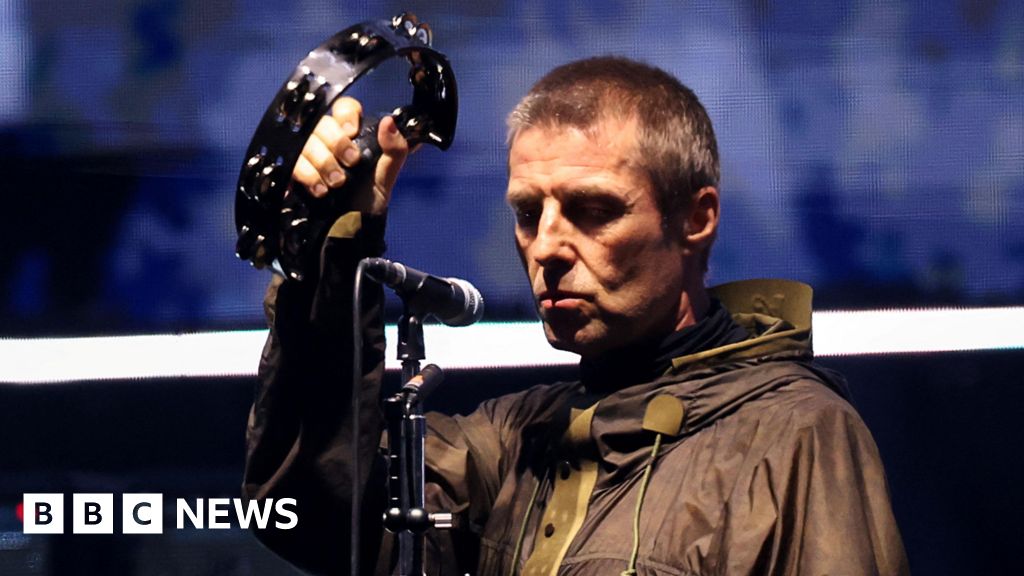Israeli Military Strikes Syrian Defence Ministry Amidst Sectarian Violence
In an escalation of tensions, Israel’s military launched an attack on the Syrian defence ministry in Damascus. This action comes amidst ongoing sectarian violence in the predominantly Druze province of Suweida, which has raged on for four days. The Syrian foreign ministry accused Israel of “treacherous aggression”.
Over 300 people have reportedly lost their lives in Suweida since the outbreak of the clashes between the Druze militias and Bedouin tribes. The situation has garnered international attention, with US Secretary of State Marco Rubio expressing his concerns over the violence and predicting its end within hours.
Efforts to Cease the Violence
On Wednesday evening, Secretary Rubio announced that specific steps had been agreed upon to conclude the horrific situation by the end of the night. Although Israel has yet to comment on the ceasefire bid, Syria’s foreign ministry expressed its appreciation for the efforts made by the US and Arabian sides to peacefully “resolve the current crisis”.
In a significant development, Syrian troops have started to withdraw from Suweida, according to Syria’s state news agency Sana. It is part of an agreement between the Syrian government and the Suweida’s religious leaders, following the “completion of the army’s pursuit of outlaw groups”.
Minority Groups’ Concerns Amidst Violence
Minority groups, including the Druze, are growing increasingly suspicious of the interim President Ahmed al-Sharaa and his government, despite his pledges to ensure their safety. The fears have been heightened by several outbreaks of sectarian violence over the past eight months. Israeli Prime Minister Benjamin Netanyahu has assured that Israel is committed to preventing harm to the Druze in Syria due to their deep ties with those living in Israel and the Israeli-occupied Golan Heights.
Israeli Strikes and the Aftermath
Israeli Defence Minister Israel Katz confirmed the end of warnings in Damascus and vowed to continue the vigorous operations in Suweida until all forces attacking the Druze withdraw completely. Fadi Al Halabi, a London-based Syrian filmmaker visiting Damascus, recounted the terror on the streets when the Israeli fighter jets approached and began their air strikes.
The Israeli military also claimed to have targeted a “military target in the area” of the presidential palace in the capital, as well as armoured vehicles loaded with heavy machine guns and weapons on their way to Suweida, and firing posts and weapons storage facilities in southern Syria. The Syrian foreign ministry condemned the strikes and accused Israel of violating the United Nations Charter and international humanitarian law.
Humanitarian Crisis in Suweida
The Syrian Observatory for Human Rights (SOHR), a UK-based monitoring group, reported that the humanitarian situation in Suweida city had rapidly deteriorated. There were reports of panic among the scores of casualties from the fighting being treated at the national hospital, and severe shortages of water and medical supplies.
Amidst the violence, the SOHR claims over 300 people have been killed since Sunday in Suweida province. The BBC has not been able to verify the SOHR’s casualty figures.
The Root of the Conflict
The conflict between Bedouin tribes and Druze militias in Suweida was reportedly sparked by the abduction of a Druze merchant last Friday. The Syria’s interior ministry announced its forces and those of the defence ministry would intervene and impose order, citing the “dangerous escalation comes in light of the absence of relevant official institutions”.











